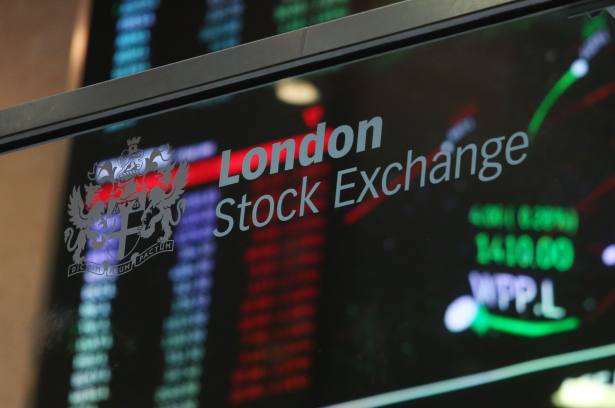There is a clear negative correlation between consumer confidence and household inflation expectations. As the latter rises, further consumer spending – which has been the backbone of economic growth over the past two years – could falter.
Business investment is still weak and surveys do not give grounds for optimism. Net trade should help, but companies are only passing on roughly 50 per cent of the fall in sterling, using the rest to rebuild margins.
Analysis suggests the performance of the FTSE 100 index relative to global equities has been consistent with the devaluation of sterling, the recovering oil price and better Asian macroeconomics. However, sterling is unlikely to offer much of a tailwind in the immediate future, and the outlook for the oil price is now more evenly balanced. Asian economics are unlikely to surge ahead, while Chinese policymakers look to rein in last year’s accommodative policies.
Furthermore, the FTSE 100 equity risk premium has not experienced the plunge that has left investors more cautious about US or European equities in the near term. That said, as a global bellwether, it is unlikely to be immune if investors reassess the level of economic uncertainty as political events unfold and decide to discount tomorrow’s earnings a little more cautiously.
Ed Smith is asset allocation strategist at Rathbones






